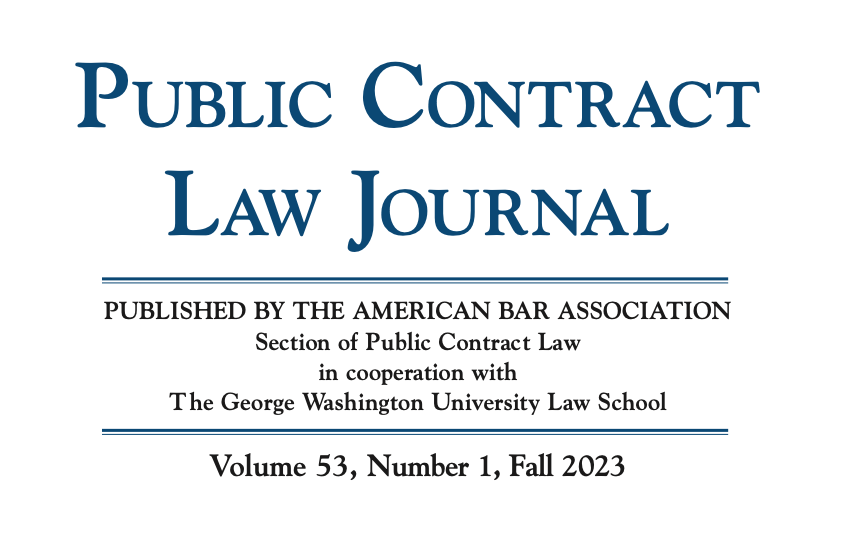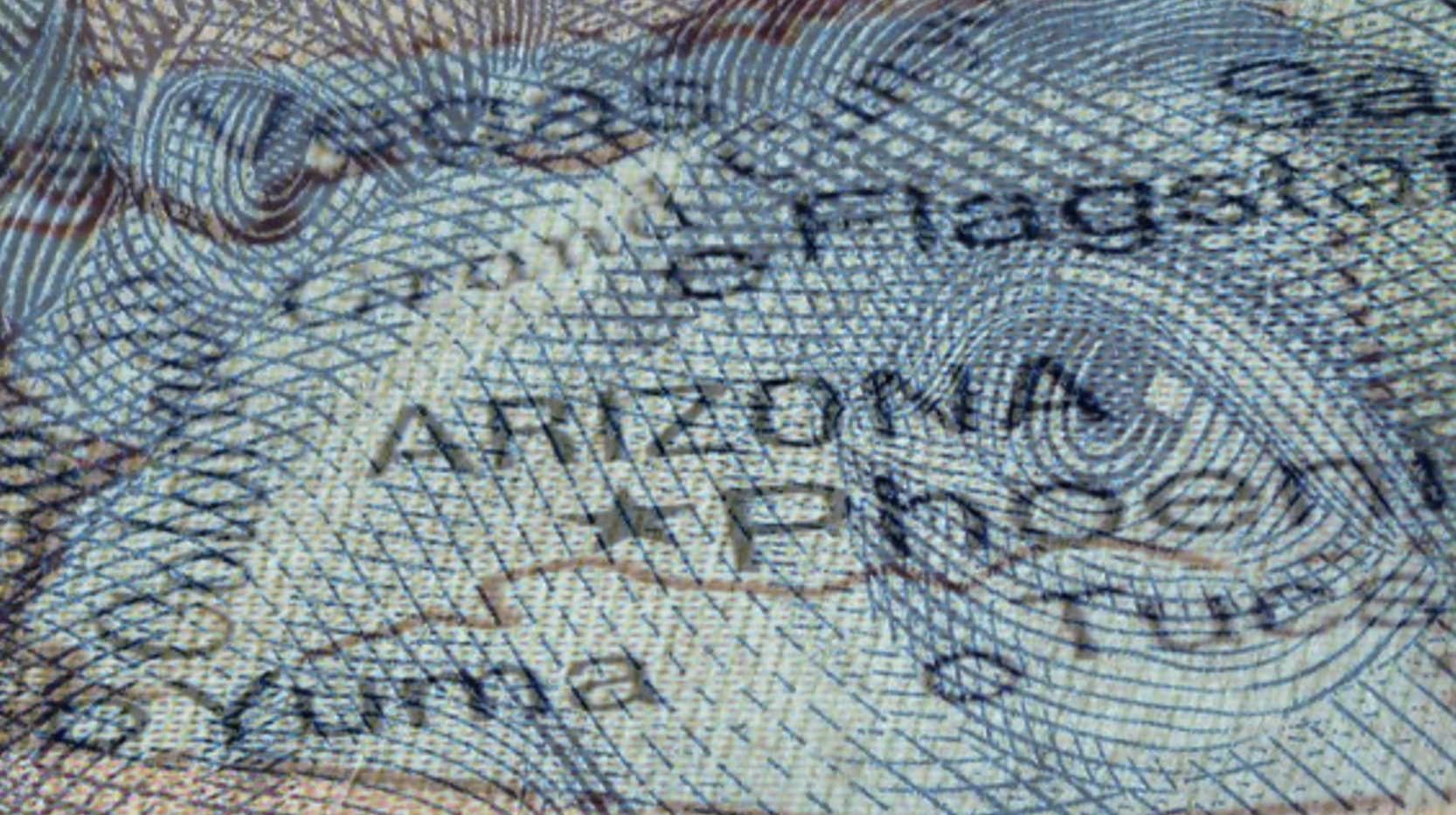News & Insights
We’re Making History in Real Time.
Our timely insights share informed perspectives on the rapidly evolving story of Election Technology, as it unfolds.

Prioritizing People in Election Infrastructure Procurement
In multiple states, investigations have found that wasteful spending, conflicts of interest, and other issues otherwise addressed directly by federal regulations, were prevalent in procurements for election infrastructure. There is a solution for this as Dennis Mema of our Government Relations team recently wrote in the ABA Journal of Public Contracts Law…

Will Election Reform In Arizona Prevent A 2024 Meltdown?
Three Arizona counties have attracted considerable attention from news media: Cochise County, Mohave County, and Maricopa County. Each county has had their share of election drama; some played out in the Courts, others played out in tense county Board of Supervisors meetings. All involved agree that the current state of election administration policy and best practices need reform, but that’s where consensus stops. Election reform is a precarious undertaking under ideal conditions. And history has taught that resolving one problem can unintentionally create exponentially larger problems in other areas, along with hefty price tags…

On Our Nation’s 247th Birthday
As we celebrate another July 4th, we thought it fitting to remind ourselves and you are valued readers that nothing can replace reading the original words that shaped our nation’s founding. So, today we offer the Declaration of Independence, in its entirety from the source itself, our National Archives…

Mistakes Are Not Malfeasance – It’s Important to Know the Difference
In the current polarized environment, every hiccup and anomaly in how elections are being run is potentially a reason for partisans on both sides to allege “fraud,” “suppression,” or similar claims. Needless to say, all of those conditions are corrosive to democracy, and they need to be rooted out whenever they occur. Concerns about these issues can’t simply be dismissed. On the other hand, responding to every error in election administration as evidence of malfeasance also carries very real risks…
Critical Democracy Infrastructure: Our Briefing Launches
We are pleased to announce the release of the OSET Institute’s Critical Democracy Infrastructure (CDI) Briefing. It’s been over a year in development. Early review by several in Government, Media, and Advisors tell us this may be the most important publication on the issue of election infrastructure yet. We humbly hope so. This Briefing provides a thorough review of the technology infrastructure of election administration and operation. We address its critical nature and what is required for it to be treated as such, and assess the challenges of official designation, as well as the immediate and longer-term challenges to protecting this vital aspect of our democracy...
Reality Check: Cost of Software Development
Even philanthropic efforts to produce public benefits in the form of civic technology have real costs associated with software development. The open source model, however, means the costs are significantly less than current proprietary commercial alternatives, while the innovative benefits, unconstrained by commercial mandates, can be significantly greater. More importantly, there is some reality distortion over the real costs to building civic engagement IT, such as election administration and voting systems. They are markedly different than many other civic engagement tools that require only APIs and interactive web services leveraging government data stores to better engage and serve citizens. Tuesday's post by Ms. Voting Matters on our Voter Services Portal ignited comments and questions about the real cost to build the Voter Services Portal. The VSP is not "yet another simple web site," but a collection of software to provide services to voters that integrate with back-end legacy systems, and set the foundation to drive a series of voter service innovations as well as other election management tools in the near future. We breakdown the cost model and actual costs here...
Automatic Voter Registration: Oregon Governor Signs Bill to "Just Do it."
Oregon relying on its pioneering heritage and Nike spirit says, "Just Do It" for automatic voter registration. And this move seems to provide a worked example for our CTO's recent blog post about the technical simplicity to do so. Oregon already being a vote-by-mail state with online voter registration to boot, was likely able to benefit from those prior innovations. But regardless, as our Foundation's Secretary and General Counsel points out in this post, its a smart move...

Our Midterm 2014 Election Predictions
Disruptions. Glitches. Delays. Oh My! We make our predictions for the voting snags you should expect on Election Day.
Three-Step Test for "Open Source"
To our elections official stakeholders, Chief Technology Officer John Sebes covers a point that seems to be popping up in discussions more and more. There seems to be some confusion about what "open source" means in the context of software used for election administration or voting. That's understandable, because some election I.T. folks, and some current vendors, may not be familiar with the prior usage of the term "open source" -- especially since it is now used in so many different ways to describe (variously), people, code, legal agreements, etc. So, John hopes to get our Stakeholders back to basics on this.
Ms. Voting Matters' Take: "No Magic Will Bring About Online Voting"
Ms. Voting Matters would really like to wave her magic wand and allow everyone on the planet to cast their votes, securely, with their smart phones, tablets, or laptops. Really truly, I would do it if I could. But I can’t. The Internet of Voting is just not safe and secure enough now, no matter how much we all would wish it so. Let me share why.
David Plouffe’s View of the Future of Voting — We Agree and Disagree
David Plouffe, President Obama’s top political and campaign strategist and the mastermind behind the winning 2008 and 2012 campaigns, wrote a forward-looking op-ed [paywall] in the Wall Street Journal recently about the politics of the future and how they might look.
He touched on how technology will continue to change the way campaigns are conducted – more use of mobile devices, even holograms, and more micro-targeting at individuals. But he also mentioned how people might cast their votes in the future, and that is what caught our eye here at the TrustTheVote Project. There is a considerable chasm to cross between vision and reality.

